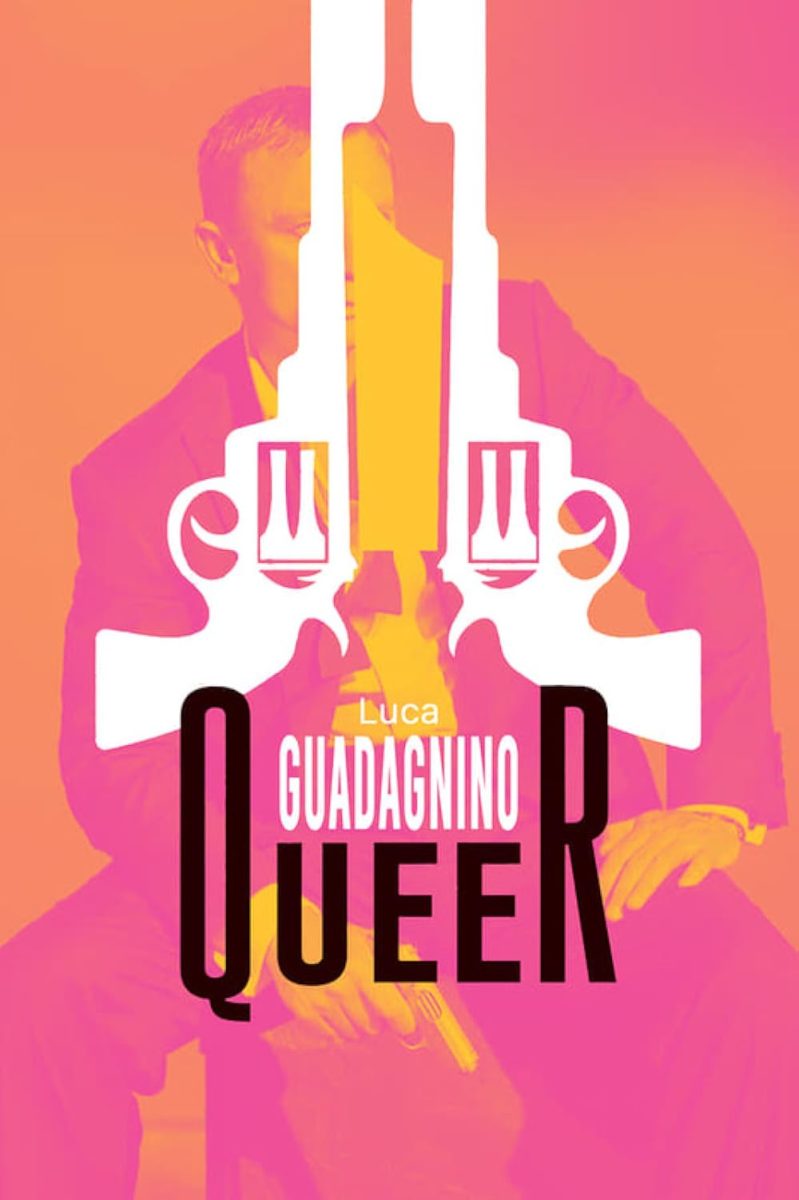I was lucky enough to see Luca Guadagnino’s new film “Queer” (2024) at the New York Film Festival for its U.S. Premiere this past weekend.
Based on William S. Burroughs’ novel of the same name, the film follows William Lee (Daniel Craig), an American expat who lives a life of solitude in Mexico City during the 1950s. The arrival of a young American student named Eugene Allerton (Drew Starkey) sparks an urge in Lee to break out of his shell and establish an emotional connection with someone. The film also stars Jason Schwartzman and Lesley Manville and is written by a previous collaborator of Quadagnino with “Challengers” (2024), Justin Kuritzkes.
Quadagnino once again proves he’s one of the more evocative and daring directors working today, as “Queer” doesn’t hold back in showing the effects and complexities of addiction, sexual identity/acceptance, love and the obsession that comes with love. The film explores how those traits can elevate and destroy us.
Quadagnino masterfully uses elements of experimental and surrealist filmmaking techniques to show inner thoughts and desires in ways that only cinema can. However, many of these moments of surrealism during the film can feel disorienting.
The performances in “Queer” are all emotionally complex and utterly relatable. In my opinion, Craig, best known for his run as the titular character James Bond, gives the best performance of his career. Craig portrays a man struggling with his feelings of inadequacy and desire, all portrayed with a vulnerability that feels raw and real. I’d argue you see a side of Craig you have never seen before.
Opposite Craig, for most of the film, is Starkey’s Eugene. This heartbreaking performance explores a character struggling to accept his passionate desires, which causes him to push away the ones who care the most about him. Schwartzman brings a sense of effortless charm and intrigue to Joe, a good friend of Lee’s. You want to know more about him and his past, yet Schwartzman gives us enough to infer what happened.
Quadagnino’s films tend to have vivid colors and striking cinematography, and “Queer” is no exception. Working with “Challengers” collaborators cinematographer Sayombhu Mukdeeprom and costume designer J.W. Anderson, “Queer” is one breathtaking shot after another. Stefano Baisi’s production design contributes to this as well. The score, composed by Academy Award winners Trent Reznor and Atticus Ross (“The Social Network” [2010]), is both moving and unsettling. The film also houses a remarkable soundtrack, with songs such as Sinéad O’Connor’s cover of “All Apologies” (1994) and New Order’s “Leave Me Alone” (1983).
The only major criticism I have is that the film loses its footing about halfway through, but luckily regains it towards the end.
Overall, Quadagnino’s “Queer,” while not as good as other films in his filmography like “Call Me by Your Name” (2017) and the frequently mentioned “Challengers,” still beautifully explores the difficulties of love and is anchored by fantastic performances and impressionistic cinematography and music.
“Queer” will have a limited theatrical run starting Nov. 27.
Rating: ★★★★☆























































































































